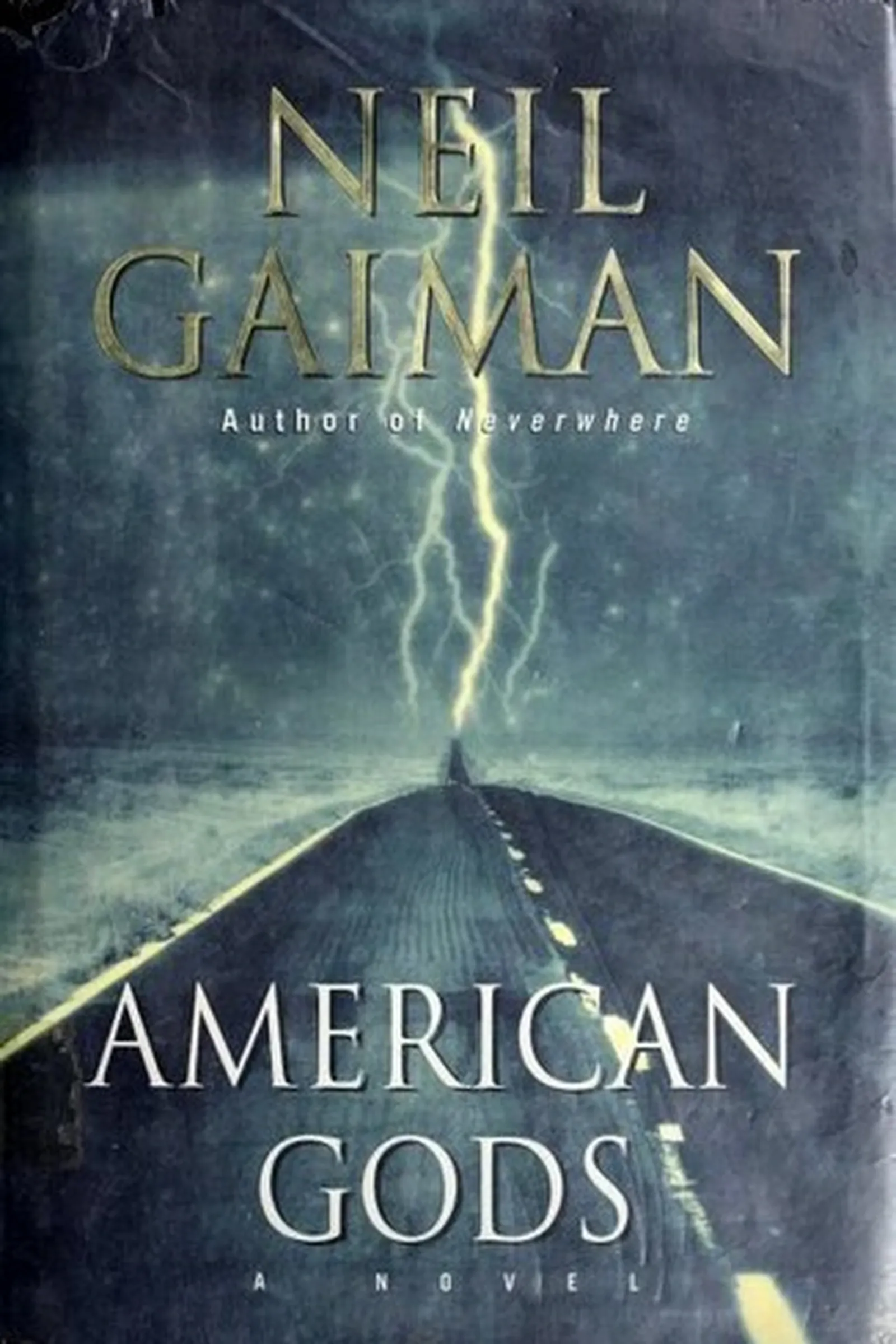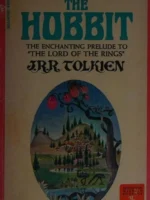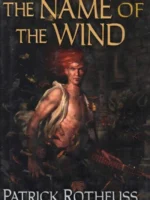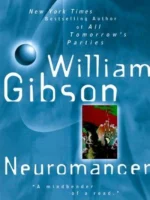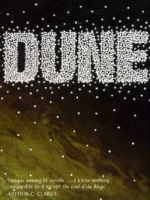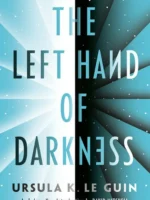American Gods, Neil Gaiman, 2001
- Author: Neil Gaiman
- Genre: Sci-Fi/Fantasy
- Publisher: William Morrow
- Publication Year: 2001
- Pages: 465
- Format: Paperback
- Language: English
- ISBN: 978-0062472107
- Rating: 4,2 ★★★★☆
American Gods Review
About
Published in 2001, Neil Gaiman’s American Gods is part road trip, part myth, part quiet apocalypse. It imagines that gods exist as long as people believe in them—and in modern America, belief has shifted from Odin and Anubis to media, money, and technology. The novel is a meditation on identity and faith disguised as a fantasy epic. Gaiman writes with the confidence of a storyteller who knows myths aren’t just old—they’re alive and mutating in the highways and motels of the present.
Overview
Shadow Moon, a recently released convict, learns that his wife has died in an accident. Lost and numb, he accepts a job from a mysterious man named Mr. Wednesday, who turns out to be the Norse god Odin in disguise. Wednesday is gathering old gods to wage war against the new ones—manifestations of modern obsession: Technology, Media, Globalization. As Shadow travels across a surreal America filled with forgotten deities and con artists, he becomes both pawn and witness in a conflict that mirrors the country’s fractured soul.
Summary
(light spoilers) Shadow’s journey begins with disbelief and ends in reluctant faith—not in gods, but in meaning itself. He encounters gods surviving in trailer parks, roadside attractions, and funeral parlors, each kept alive by scraps of human attention. Mr. Wednesday’s war gathers momentum, but Shadow begins to sense manipulation behind the scenes. The eventual revelation—that the entire conflict is a con engineered for power—reframes everything he’s seen. The climax is not cosmic but human: a choice to break cycles of exploitation rather than perpetuate them. The final chapters, quiet and mournful, show that belief doesn’t vanish—it just changes shape. America’s gods, like its people, are built to reinvent.
Key Themes / Main Ideas
• Belief and identity — gods as mirrors of human need.
• Myth in modernity — old rituals repurposed in new religions.
• America as landscape of reinvention — migration, faith, and forgetting.
• Power and storytelling — who controls the narrative controls reality.
• Loneliness — the divine and human both seeking recognition.
Strengths and Weaknesses
• Strengths — Lush prose, haunting imagery, and a balance between mythic scale and small human truths.
• Strengths — Gaiman’s empathy for flawed gods and mortals alike makes the unreal feel lived-in.
• Weaknesses — The pacing wanders in the middle; digressions feel like side quests.
• Weaknesses — Some readers find the resolution too subdued after such vast buildup, but that restraint gives it weight.
Reviewed with focus on themes, audience, and takeaways — Neil Gaiman
| pa_author | Neil Gaiman |
|---|---|
| ISBN | 978-9-565-99810-9 |
| pa_year | 1979 |
| Pages | 457 |
| Language | English |

